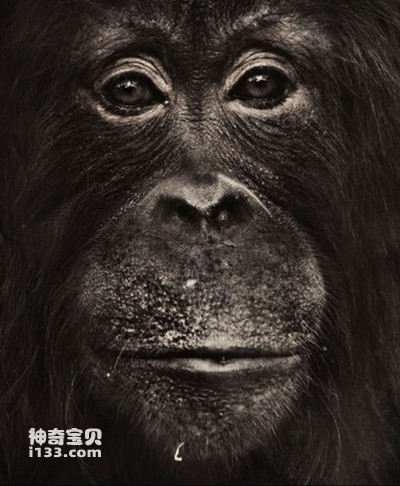Why are there no hominids on Earth anymore? If evolution is always going on, species are always changing and adapting, shouldn’t we see new hominids evolving from apes, even though old hominids are extinct?
A: We don’t want you to know the truth, but you are an ape.
So did Neanderthals, Lucy the Ape, Toddler Tow, and Peking Man. We evolved, and so did orangutans, gorillas, bonobos, and chimpanzees. We all evolved from a common ancestor who lived about 14 million years ago, and together we form the taxonomic family Hominidae. Also called hominoids, or great apes.
First, the creatures we call apes are our cousins, not our ancestors. That makes it hard for them to evolve into us.
Asking why today's gorillas don't evolve into hominids is like asking why your cousin's children don't look like you, says Matt Tochri, a professor of anthropology at Lakehead University in Canada and a researcher at the National Museum of Natural History's Human Origins Program. "These creatures have had their own family line for 10 million years. You can't go back and forth between them."
It's easy to imagine evolution as a linear, gradual process of increasing complexity, starting with single-celled amoebas and ending with us. But there's no end to evolution, and if there is, it's certainly not to humans. In many cases, evolution tends to favor simplicity over all else. That's why cave-dwelling animals have lost their eyes and whales—descendants of land mammals—have almost no leg bones. Even intelligence isn't sacrosanct: Sea urchins don't have central nervous systems, but their ancestors once had brains.
“Evolution is about survival under certain conditions and random mutations, with a large element of chance but apparently no direction… All organisms are simply trying to adapt to the emergencies of their environment,” says Nina Jablonski, a paleoanthropologist at Pennsylvania State University.
In other words, modern humans have survived longer than other ancient humans because we made the most of our niche. If the climate hadn’t changed 30,000 years ago, or if it had changed differently, then perhaps Neanderthals, not Homo sapiens, would have survived.
We should keep this in mind when we ask why our ape cousins didn’t evolve the traits we have.
Modern apes live in wooded environments, where the ability to climb trees is a major advantage, so they don’t have to walk upright on two feet like humans. Creatures such as chimpanzees and bonobos don’t have the same energy-intensive brains as us, but they can use simple tools to build nests, appreciate beauty, and even mourn their dead.
“Our ape cousins don’t need to become more human-like because they are doing just fine,” Jablonski said.

animal tags:
We created this article in conjunction with AI technology, then made sure it was fact-checked and edited by a Animals Top editor.